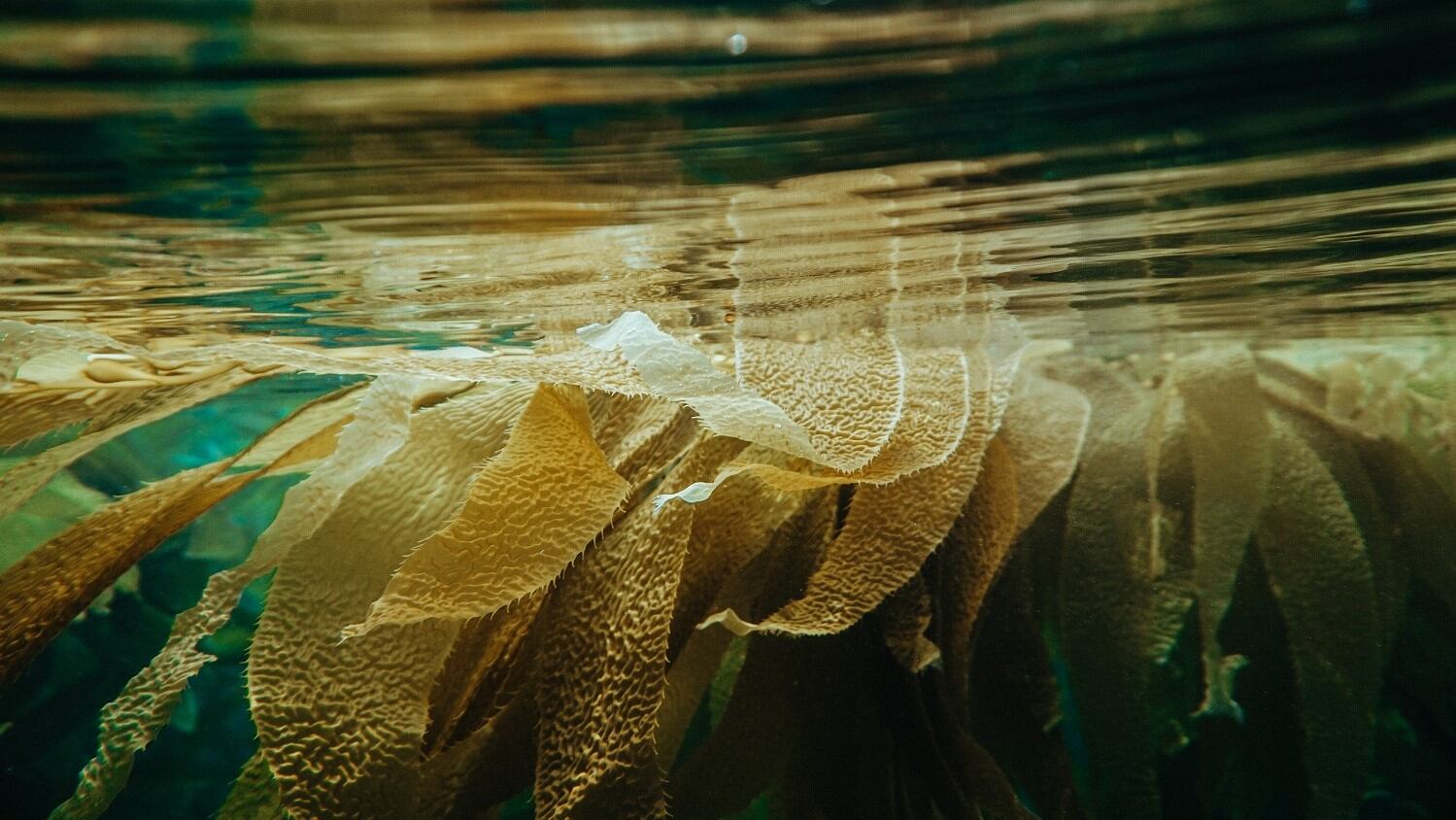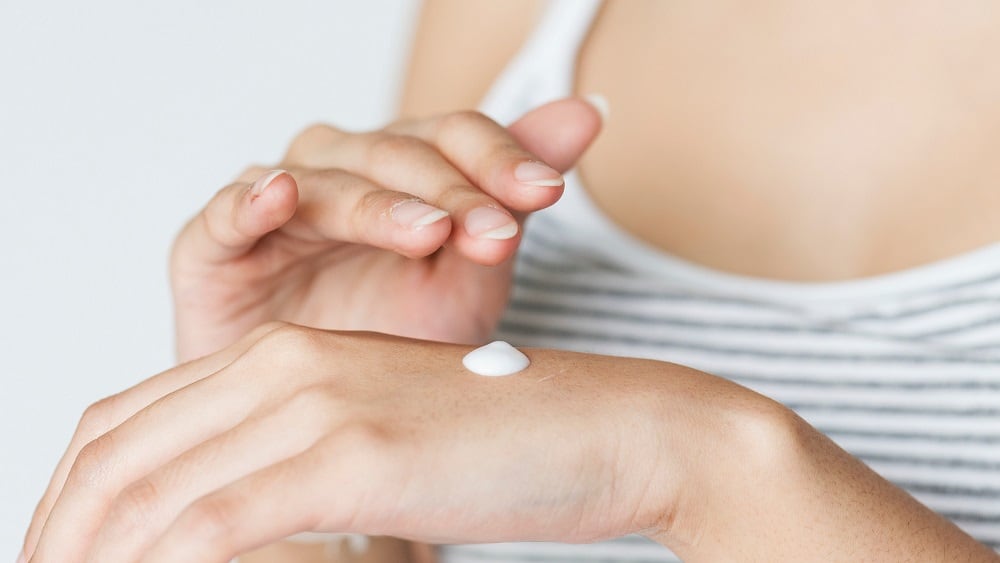euglena Co. produces microalgae products that can be used in cosmetics, biofuel and health food.
The company received the ASC-MSC certification for its microalgae farm on Ishigaki island in Okinawa, Japan, following an audit by an independent third-party Conformity Assessment Body (CAB).
“euglena Co. is extremely pleased to receive the world’s first ASC-MSC Seaweed (Algae) certification. We produce Euglena and Chlorella on Ishigaki Island in Okinawa, an island surrounded by beautiful sea and nature, and we hope many people have the opportunity to benefit from these products,” said Mitsuru Izumo, CEO of euglena.
“This is an important milestone after a great deal of hard work and close collaboration between ASC and MSC, and I’d like to congratulate euglena Co. on their achievement,” added said Chris Ninnes, CEO of ASC.
Sustainable farming
The certification affirms euglena’s commitment to minimising environmental impacts of its microalgae farm by operating in a way that is beneficial to workers and local communities.
Its on-shore production facility produces mainly two species of microalgae, Euglena and Chlorella.
“Japan is surrounded by resourceful seas with high mineral contents and abundant seaweeds and it is vital that these resources are used responsibly,” said Izumo.
“euglena Co. is committed to further develop our environmentally and socially responsible activities to meet the UN Sustainable Development Goals.”
He expressed his encouragement and support for other seaweed and algae-related companies, urging them to work toward the MSC-ASC standard.
Future of algae products
The company manufactures and sells its own skin care brands, one, BCAD, as well as beauty supplement brand eu.
The firm also actively researches and promotes the many uses for micro-organisms that contain various nutrients such as vitamins and amino acids.
Aside from producing health food and cosmetics, euglena Co. are researching the use of oil extracted from the microalgae for jet and diesel fuel.
When the time comes, the company plans to produce and supplying them for commercial aviation and public transport and hopes to demonstrate the various applications of algae products.
“On top of the healthcare products and biofuels, the microalgae produced at the newly-certified farm could have many other applications, including as an environmentally-friendly feed for both aquaculture and agriculture. Its high carbon capture capability may also render it useful in green technology,” said the company.
The United Nations Food and Agriculture Organization (FAO) estimates that the seaweeds and other algae harvested every year have a total value of $5.65bn.
First of its kind
The ASC and MSC relied on their expertise in standard setting and seafood certification to develop the first joint ASC-MSC standard.
It took over two years to develop first joint ASC-MSC standard which aims to foster environmentally responsible farming and wild harvest of seaweed and algae.
Launched in last February, the standard hopes to protect marine environments and secure the livelihoods of those who depend on them by recognising and rewarding sustainable and socially responsible seaweed and algae production.
“There are some truly exciting applications for seaweed and microalgae, but with production rapidly increasing around the world it is important that the environmental and social impacts are limited. The ASC-MSC standard aims to help ensure that these important products can be harvested in a way that benefits everyone,” Ninnes.





